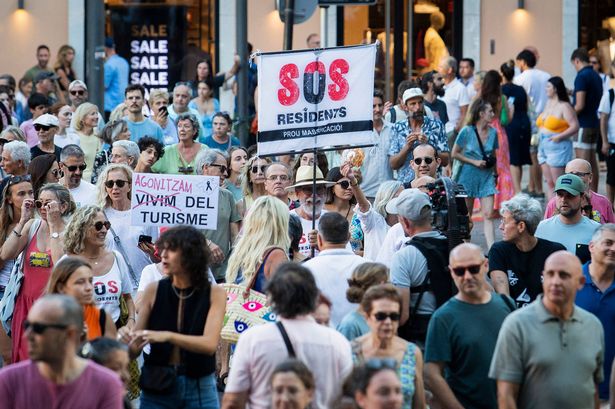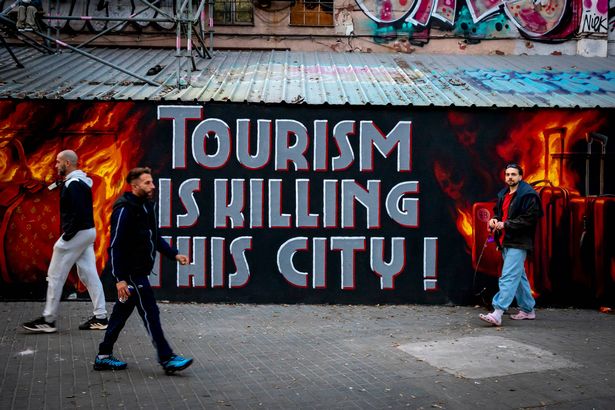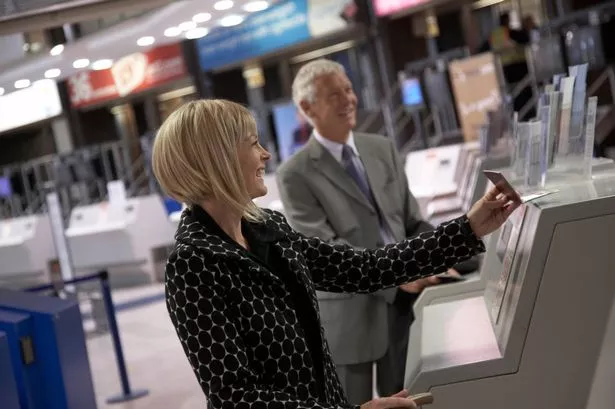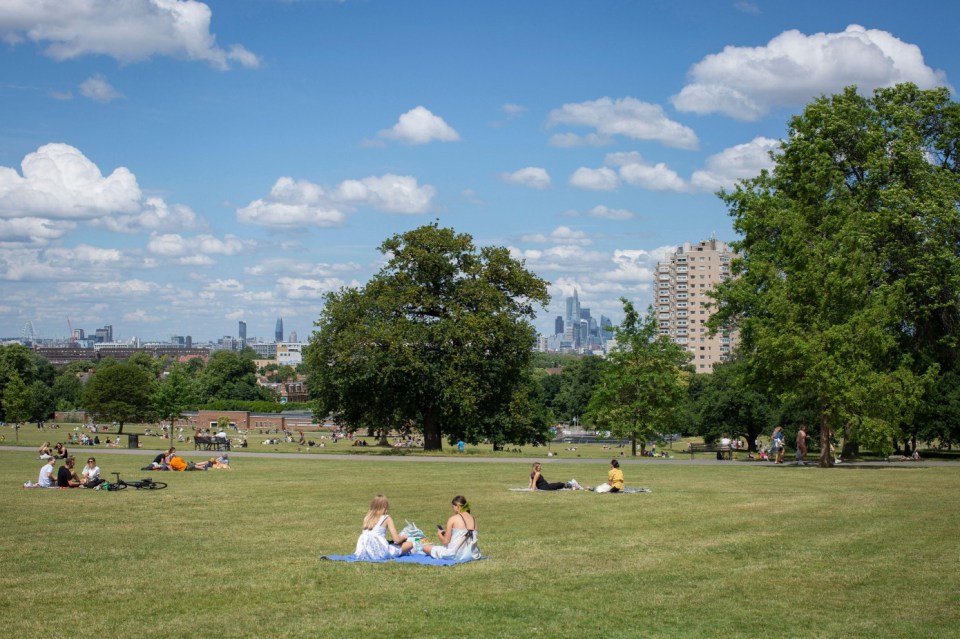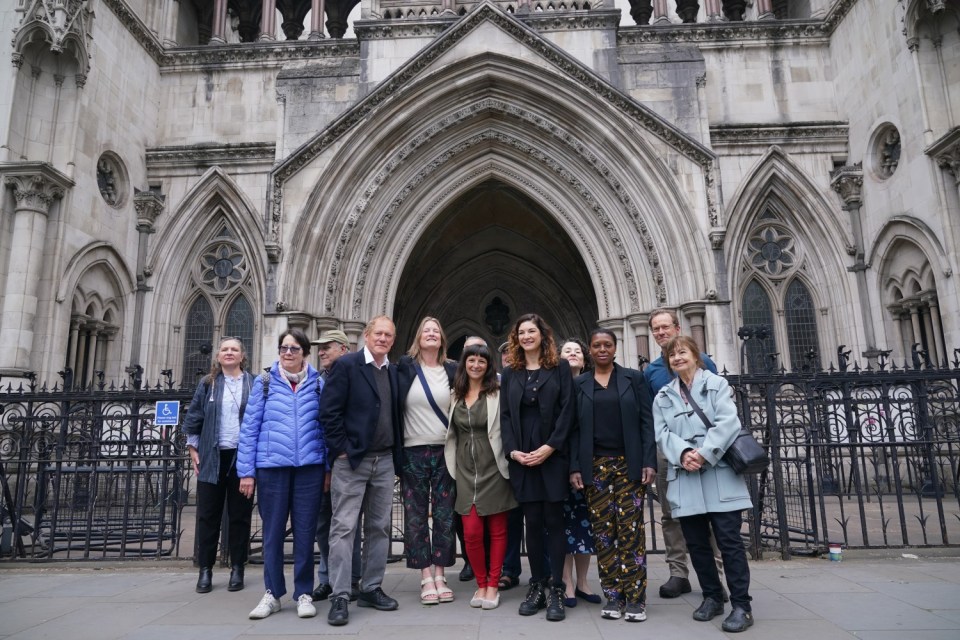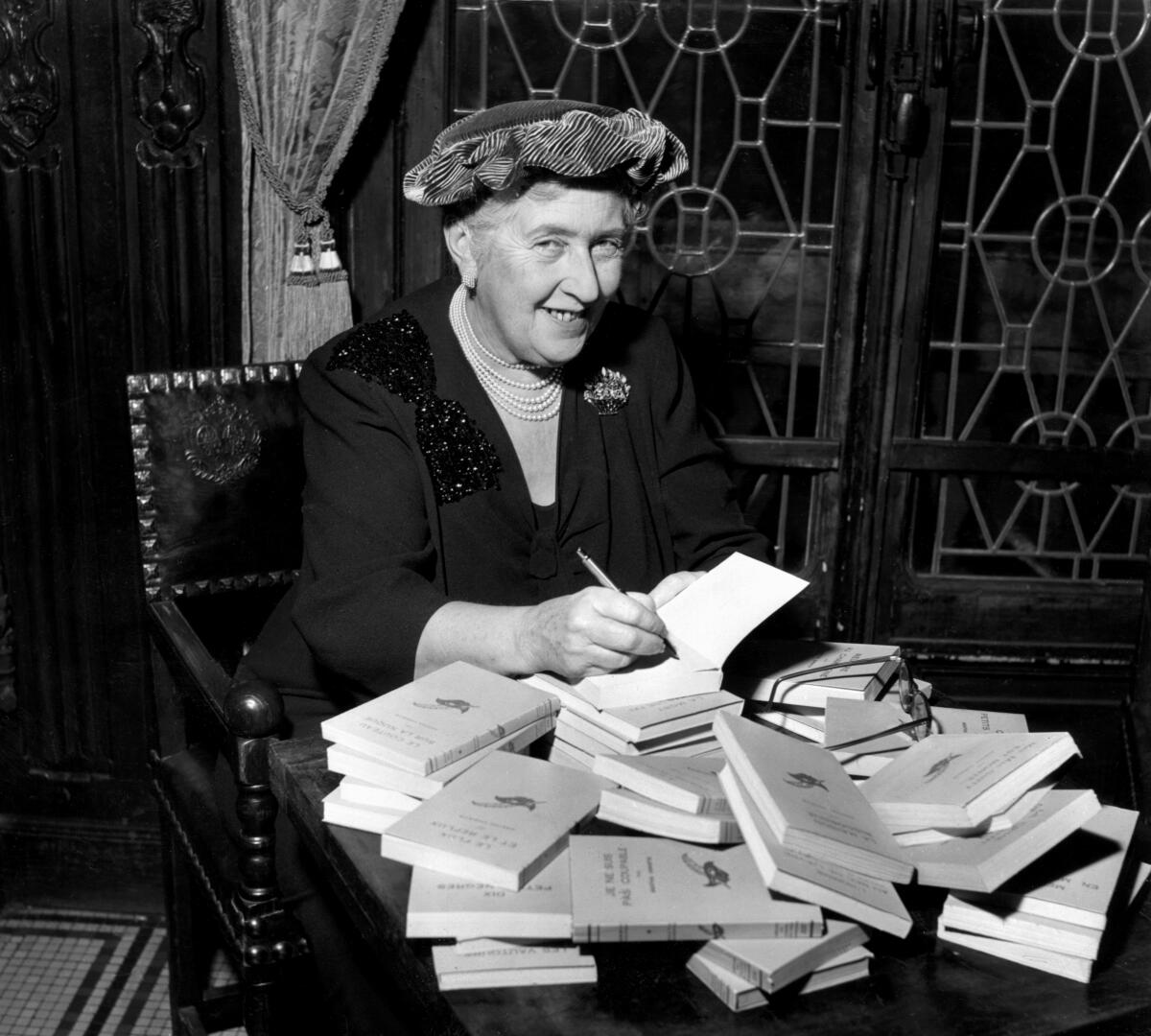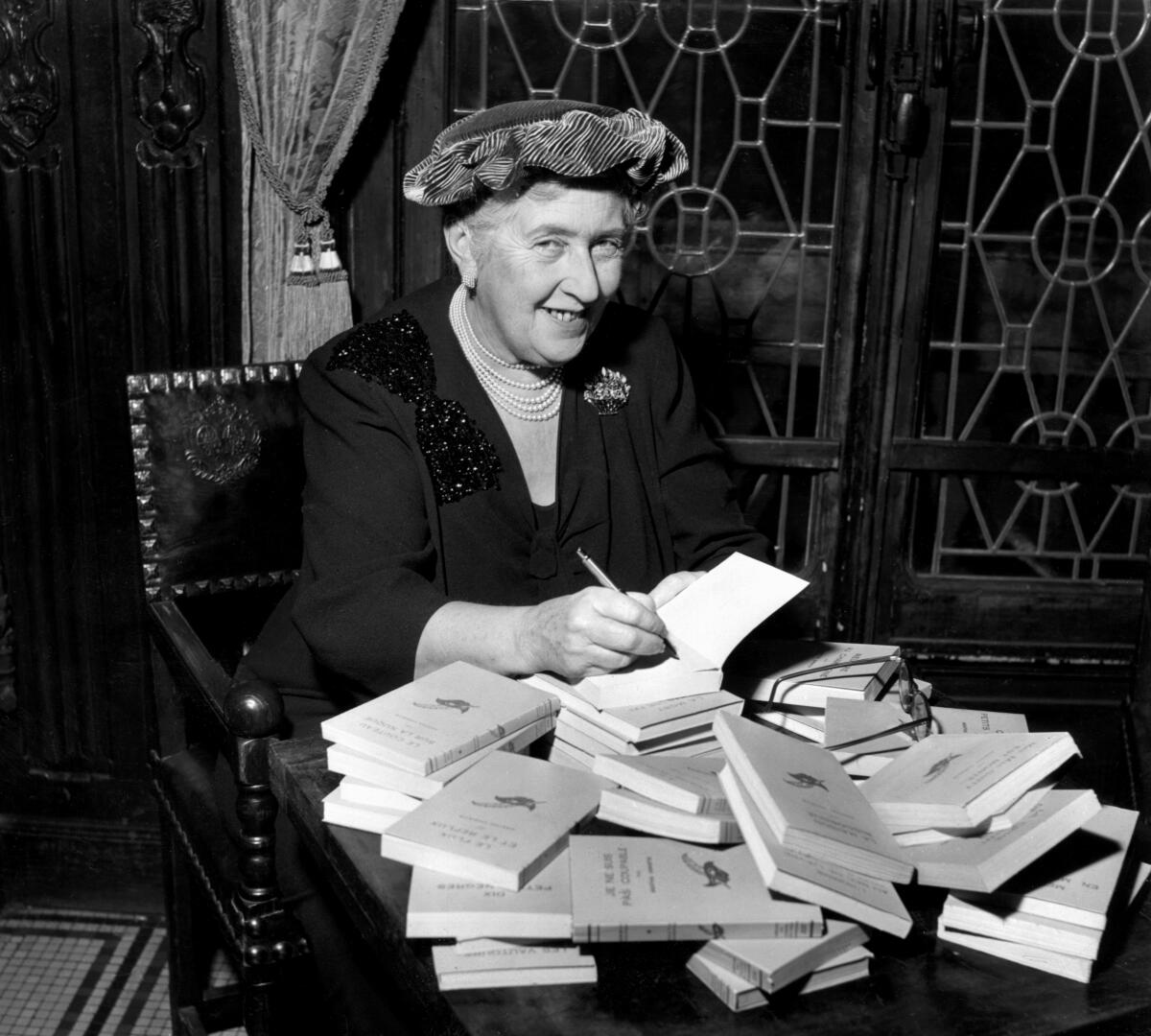Thousands of hotel, bar and restaurant staff are planning industrial action in the Balearics. The UGT union says there will be a mass walkout on June 6 followed by several days of strike action in July, the height of the busy tourist season
Chaos is due to befall hotels Majorca, Ibiza and Menorca as workers prepare to strike.
The holiday islands could face significant disruption in June and July as thousands of hospitality workers plan further strike action. Unless a last-minute agreement is reached, a mass walk-out is planned for June 6, followed by several days of strikes in July, during the height of the tourist season.
The UGT workers’ union has warned strikes are nearing as no progress is being made regarding their demands for improved pay and conditions. The union warns the industrial actions will greatly affect holidaymakers and urges hotels to do everything possible to prevent it.
“If we don’t see the possibility of an agreement in principle, we will call a strike lasting several days,” declared the general secretary of its Services federation on the islands. The union has made it clear that their goal is to exert maximum impact on tourists.
Have you got a story to share? Email [email protected]
READ MORE: Brits heading to Spain should make four checks now after Airbnb crackdown
At the same time, overtourism protests are due to break out across major resort cities. They include plans to occupy beaches and super-glue apartment locks.
Protests are set to take place in Platja de Palma and Palmanova-Magaluf. The UGT, the largest union in the sector, is playing a key role in negotiating the Collective Agreement of the Balearic hotel industry.
A strike involving thousands of hotel workers, including restaurant and bar staff and cleaners, already took place on May 1. On June 6, the first of the new protests will occur outside the headquarters of the Mallorca hotel federation.
Demonstrations are scheduled for the end of June in Platja de Palma and Palmanova-Magaluf, with the peak planned for July, featuring several days of strikes over alternate weeks.
On June 6, a protest is planned for 10am at the UGT office in Palma. Following the update on negotiation progress, attendees will hold a midday rally outside the Mallorcan Hotel Federation building.
Another demonstration is set to take place at Platja de Palma at the end of next month, with a worker’s march culminating in a rally in front of the local hotel association headquarters. A similar protest will target the Palmanova-Magaluf area, highlighting the workers’ unrest in key tourist hubs around the Bay of Palma.
READ MORE: Balearic Islands ban influencers after cove is swamped by 4,000 touristsREAD MORE: Police intervene as protesters target tourists with new tactic in Spanish hotspot
The unions are fighting for adequate housing and addressing issues such as tourist overpopulation without life quality improvements for workers, increased job demands, salaries not matching living costs, and pay inequality for identical work.
The union wants wages to rise by 19 per cent across the three years to 2027, while the offer from employers flags at 8.5 percent.
In other recent protest news, the CEO of Jet2 Steve Heapy expressed fears that tourist levies could rise in response to overtourism protests in Spain, which have been rumbling on for years and are due to disrupt key destinations this summer. The CEO told a roundtable event at the Spanish embassy in London that he opposed tourist taxes, but feared rises would prove “irresistible”.
